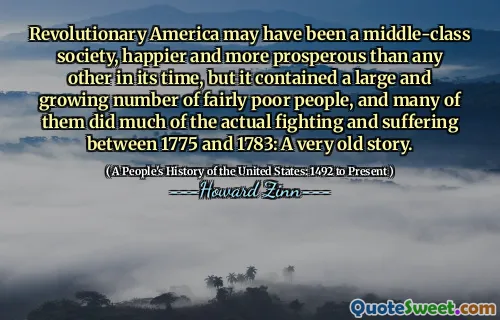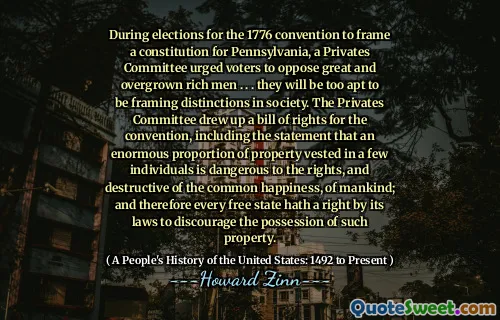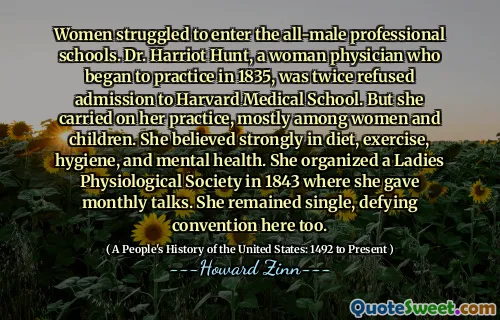They drew three lessons from the Pequot War: {1} that the Englishmen's most solemn pledge would be broken whenever obligation conflicted with advantage; {2} that the English way of war had no limit of scruple or mercy; and {3} that weapons of Indian making were almost useless against weapons of European manufacture. These lessons the Indians took to heart.
In Howard Zinn's "A People's History of the United States," the aftermath of the Pequot War provides critical insights for the Native Americans involved. They recognized that English colonists prioritized their own interests over any pledges made, highlighting a moral flexibility where commitments could be dismissed if they no longer served a purpose. This realization contributed to a growing mistrust among the indigenous peoples towards their European counterparts.
Additionally, the conflict underscored the brutality of English military tactics, which often lacked restraint and mercy. Indigenous warriors also came to understand the stark disadvantage of their traditional weapons compared to those produced in Europe, indicating a significant gap in technological advancement that would affect future confrontations. These lessons profoundly shaped Native American perspectives and strategies in their ongoing struggles against colonization.








